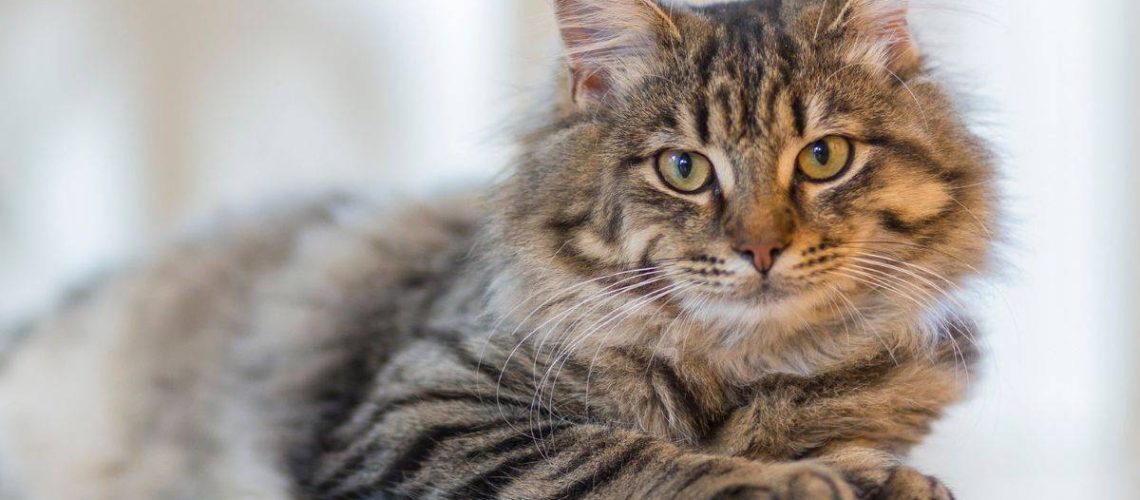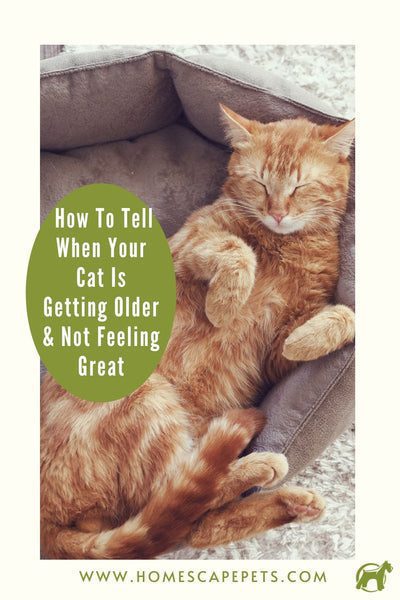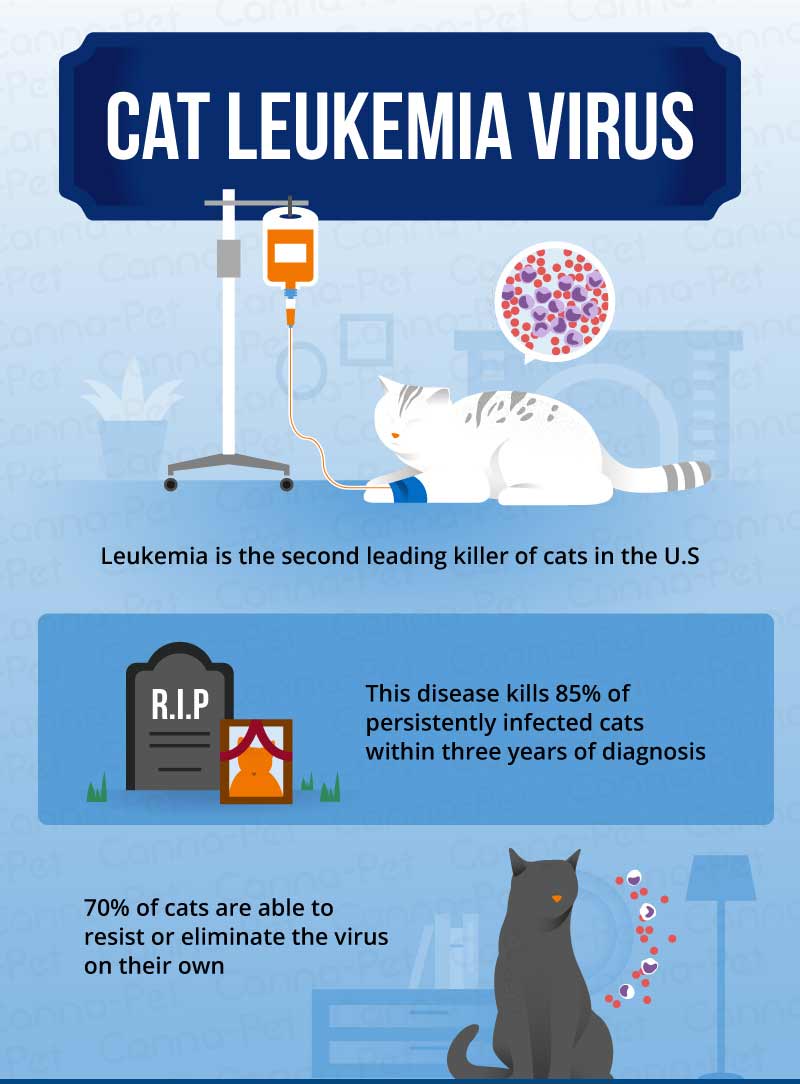Introduction:
As cat owners, it is our responsibility to care for our furry companions throughout their lives. While we may enjoy the playful antics and boundless energy of our cats in their younger years, it is crucial to understand the signs of aging and how to provide them with the best care as they enter their golden years. Recognizing when your cat starts aging is essential for ensuring their well-being and happiness. By delving into this subject, you will gain valuable insights into the needs of your aging feline friend, enabling you to provide them with the love and support they deserve. In this article, we will explore the key indicators that signal your cat's transition into their golden years, equipping you with the knowledge needed to navigate this stage of their life journey. So let us embark on this enlightening exploration together, uncovering the secrets to spotting the golden years when your beloved cat starts aging.
Did you know that approximately 20% of cats are over 11 years old? This statistic highlights just how common it is for our feline friends to reach their senior years. Understanding when your cat starts aging not only allows you to address any potential health concerns promptly but also enables you to make necessary adjustments in their lifestyle and environment. By being proactive in recognizing these signs, you can ensure that your cat enjoys a comfortable and fulfilling life throughout their golden years. So let us delve deeper into this topic, uncovering invaluable insights that will empower you as a responsible cat owner.
Key Takeaways:
- As cats age, they may experience a decline in their overall health and energy levels.
- Regular veterinary check-ups become even more important as cats enter their golden years.
- Dietary adjustments may be necessary to accommodate the changing nutritional needs of aging cats.
- Senior cats may require additional support and comfort measures, such as providing soft bedding or heated pads.
- Maintaining a stimulating environment with interactive toys and mental stimulation can help keep aging cats mentally sharp.
Signs of Aging in Cats: How to Tell if Your Cat is Getting Older
Physical Changes
As cats age, they may start to show certain physical changes that indicate they are getting older. One common sign is a change in their coat. You may notice that your cat's fur becomes thinner or duller, and they may develop gray hairs. Another physical change is weight loss or gain. Some older cats may lose weight due to a decrease in appetite or a slower metabolism, while others may gain weight due to decreased activity levels.
Additionally, senior cats may experience joint stiffness and arthritis, which can make it difficult for them to move around comfortably. They may also have dental issues, such as gum disease or tooth decay, which can cause bad breath or difficulty eating. Keep an eye out for these physical changes and consult with your veterinarian if you notice any concerning symptoms.
Behavioral Changes
Aging cats often exhibit behavioral changes as well. They may become less active and spend more time sleeping or resting. You might notice that your once playful cat now prefers quieter activities like observing their surroundings from a cozy spot. Senior cats may also become more vocal, meowing more frequently than before.
In addition, older cats may show signs of cognitive decline, similar to dementia in humans. They might seem disoriented at times or forget where their litter box is located. It's important to be patient with your aging cat and provide them with extra care and attention during this stage of their life.
Helping Your Senior Cat Stay Comfortable and Healthy: Tips for Pet Owners
Dietary Considerations
Providing the right nutrition for your senior cat is crucial for their overall health and well-being. As cats age, their dietary needs change. They may require a diet that is lower in calories to prevent weight gain or a specialized diet to manage certain health conditions. Consult with your veterinarian to determine the best diet for your senior cat.
It's also important to ensure that your cat has access to fresh water at all times. Dehydration can be a common issue in older cats, so make sure their water bowl is clean and easily accessible. Consider providing wet food instead of just dry kibble, as it can help increase their water intake.
Comfortable Environment
Creating a comfortable environment for your senior cat is essential for their well-being. Provide them with soft bedding where they can rest comfortably, especially if they have joint stiffness or arthritis. Make sure their litter box is easily accessible and consider using a litter box with low sides to accommodate any mobility issues.
Senior cats may also benefit from having easy access to elevated surfaces such as ramps or steps, allowing them to climb up and down without straining themselves. Providing scratching posts and toys can also help keep them mentally stimulated and provide exercise.
Behavior Changes in Aging Cats: What to Expect as Your Cat Gets Older
Sleeping Patterns
As cats age, their sleeping patterns may change. You may notice that your senior cat sleeps more than they used to and prefers quiet and undisturbed areas for their naps. It's important to provide them with cozy spots where they can rest comfortably without being disturbed by other pets or loud noises.
If you notice any drastic changes in your cat's sleeping patterns, such as excessive sleepiness or difficulty waking up, it's best to consult with your veterinarian as it could be a sign of an underlying health issue.
Toileting Habits
Changes in toileting habits are common in aging cats. They may have difficulty reaching or using their litter box due to mobility issues or cognitive decline. Your cat may start having accidents outside of the litter box or may struggle to cover their waste properly.
To accommodate these changes, make sure the litter box is easily accessible and consider providing multiple litter boxes in different areas of your home. Choose a litter box with low sides to make it easier for your senior cat to get in and out. If accidents occur frequently, consult with your veterinarian to rule out any underlying medical conditions.
Dietary Needs for Aging Cats: Providing the Right Nutrition for Your Senior Feline
Protein and Moisture
As cats age, their dietary needs change, and it's important to provide them with the right nutrition to support their health. Senior cats require a diet that is rich in high-quality protein, which helps maintain muscle mass and supports overall health. Look for cat food formulas specifically designed for senior cats that contain adequate protein levels.
In addition to protein, moisture is also crucial for senior cats. Older cats are prone to dehydration, so feeding them wet food can help increase their water intake. Wet food has higher water content compared to dry kibble, making it an excellent choice for keeping your senior cat hydrated.
Joint Health Supplements
Many senior cats experience joint stiffness and arthritis as they age. To support their joint health, consider adding joint supplements to their diet. Glucosamine and chondroitin are commonly used supplements that can help reduce inflammation and improve mobility in aging cats.
Consult with your veterinarian before starting any new supplements to ensure they are safe and appropriate for your cat's specific needs.
Medical Care for Senior Cats: Special Considerations and Check-ups
Regular Veterinary Visits
Regular veterinary check-ups are crucial for senior cats to monitor their health and catch any potential issues early on. Your veterinarian will perform a thorough examination, including blood tests and other diagnostic procedures to assess your cat's overall health.
During these visits, it's important to discuss any changes in your cat's behavior, appetite, or physical appearance. Your veterinarian can provide guidance on managing age-related conditions and recommend appropriate treatments or medications if necessary.
Dental Care
Dental care is especially important for senior cats as they are more prone to dental issues such as gum disease and tooth decay. Poor dental health can lead to pain, difficulty eating, and other health problems.
Regular teeth brushing at home and professional dental cleanings performed by your veterinarian can help maintain your cat's oral health. Your veterinarian may also recommend dental treats or special diets designed to promote dental hygiene.
Making Your Home Senior-Cat Friendly: Creating a Safe Environment for an Aging Cat
Easy Access to Essential Areas
As cats age, they may have difficulty jumping or climbing like they used to. To make your home more senior-cat friendly, ensure that essential areas such as food bowls, water bowls, litter boxes, and comfortable resting spots are easily accessible without the need for excessive jumping or climbing.
You can use ramps or steps to help your senior cat reach elevated surfaces if needed. Providing them with cozy beds on the ground floor of your home can also make it easier for them to rest comfortably without the need for stairs or high furniture.
Safety Measures
To keep your aging cat safe, consider implementing safety measures around your home. Remove any hazards or obstacles that your cat may trip over or get stuck in. Secure electrical cords and keep toxic substances out of reach.
You can also provide non-slip surfaces, such as rugs or mats, to help your senior cat maintain their balance and prevent accidental slips or falls. Regularly check for any potential dangers in your home and make necessary adjustments to ensure a safe environment for your aging cat.
Mental Stimulation for Aging Cats: Keeping Your Senior Feline's Mind Sharp and Active
Interactive Toys
Keeping your senior cat mentally stimulated is important for their overall well-being. Interactive toys can help engage their minds and provide entertainment. Look for toys that encourage hunting instincts, such as puzzle toys or treat-dispensing toys.
Rotate the toys regularly to keep them interesting and provide variety. Spend time playing with your senior cat using these interactive toys to bond with them and keep their minds active.
Enriching Environment
Create an enriching environment for your aging cat by providing scratching posts, climbing trees, and perches where they can observe their surroundings. These environmental elements allow them to engage in natural behaviors like scratching, climbing, and observing prey.
You can also create hiding spots using boxes or blankets where they can retreat when they need some alone time. Providing comfortable resting areas near windows allows them to enjoy the view and stimulate their senses.
In conclusion, as your cat gets older, it may experience changes in behavior and health. By observing these signs and providing proper care, you can ensure a happy and comfortable golden years for your furry friend.
At what age do cats show signs of aging?
Like humans, cats also experience unique changes as they age. Most cats start showing physical signs of aging between the ages of 7 and 10, and by around 12 years old, the majority of cats will have experienced these changes.
What are 4 signs your cat is suffering?
Signs of a cat experiencing pain include a decreased appetite, lack of energy, reduced interest in activities such as playing or socializing, and a tendency to hide and withdraw.
What is the prime age of a cat?
Your cat will reach its prime age between the ages of 3 and 6. This is when your cat is at its healthiest and most active. You may find your cat lounging in the sun on your windowsill, but they will also have occasional moments of playful energy.
Which cat lives the longest?
The oldest known cat on record is a 35-year-old Burmese cat. However, it is important to note that most Burmese cats do not live this long. On average, Burmese cats have a lifespan of 18 to 25 years, which is significantly longer than most cats.
What is the average lifespan of a cat?
The typical lifespan of a domestic cat is likely to be around 13 to 14 years. However, with proper care, cats can often live to be 15 or older, and some exceptionally healthy cats have even been known to reach 18, 20, or even 25 to 30 years of age.
Why is my senior cat suddenly clingy?
When cats age or experience health problems, they may exhibit clingy behavior. This means that if your cat is getting older, they might become more attached to you. As their senses decline and they struggle with seeing or hearing, they may rely on you for support and understanding.

















